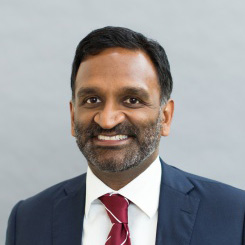Outsiders looking from the outside into Europe will probably answer that question in the affirmative, and with good reason. The churches are emptying, the economies are tanking, and the politicians continue to fiddle along. Very few have a clue of how to fix things.
Very few, but not all.
The President of the Czech Republic, Vผlav Klaus, spoke at a Mont Pelerin Society meeting in Iceland last week. Citing Friedrich von Hayek and Raymond Aron, Klaus has a clear eye for the remnants of socialism that still plague the continent.
The full text of his remarks can be found here.
He’s particularly good at diagnosing the new ideologies or “isms” that dominate Europe. These include environmentalism, radical human rightsism, multiculturalism, feminism, apolitical technocratism, internationalism and even NGOism!
It’s a brilliant speech, and by its very nature, impossible for other Euro-pols to reproduce. But the first step to a solution is to recognize the problem. And that Klaus has done. It is a sign of hope in the heart of Europe.
(HT: The Brussels Journal via Instapundit.)

